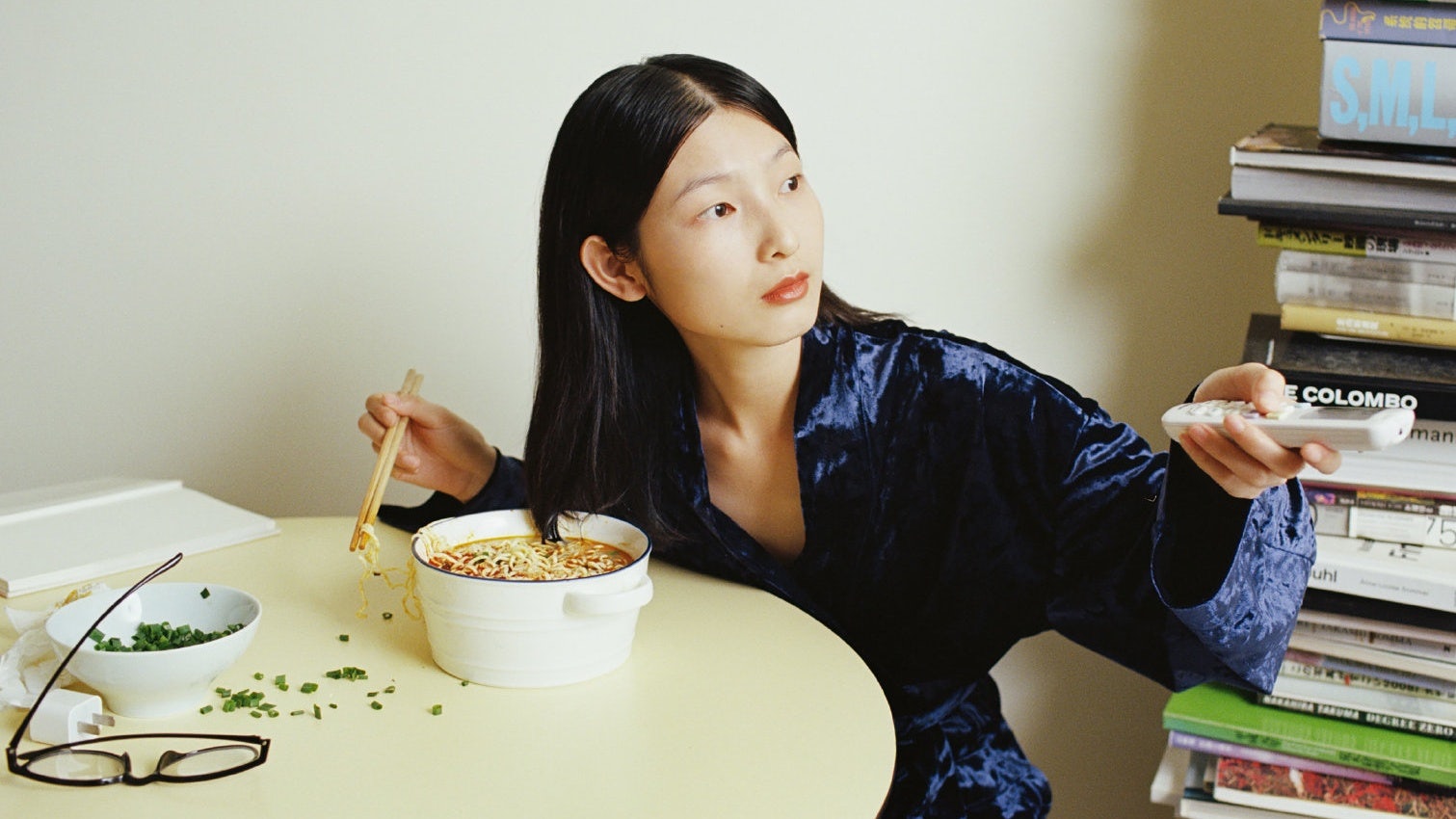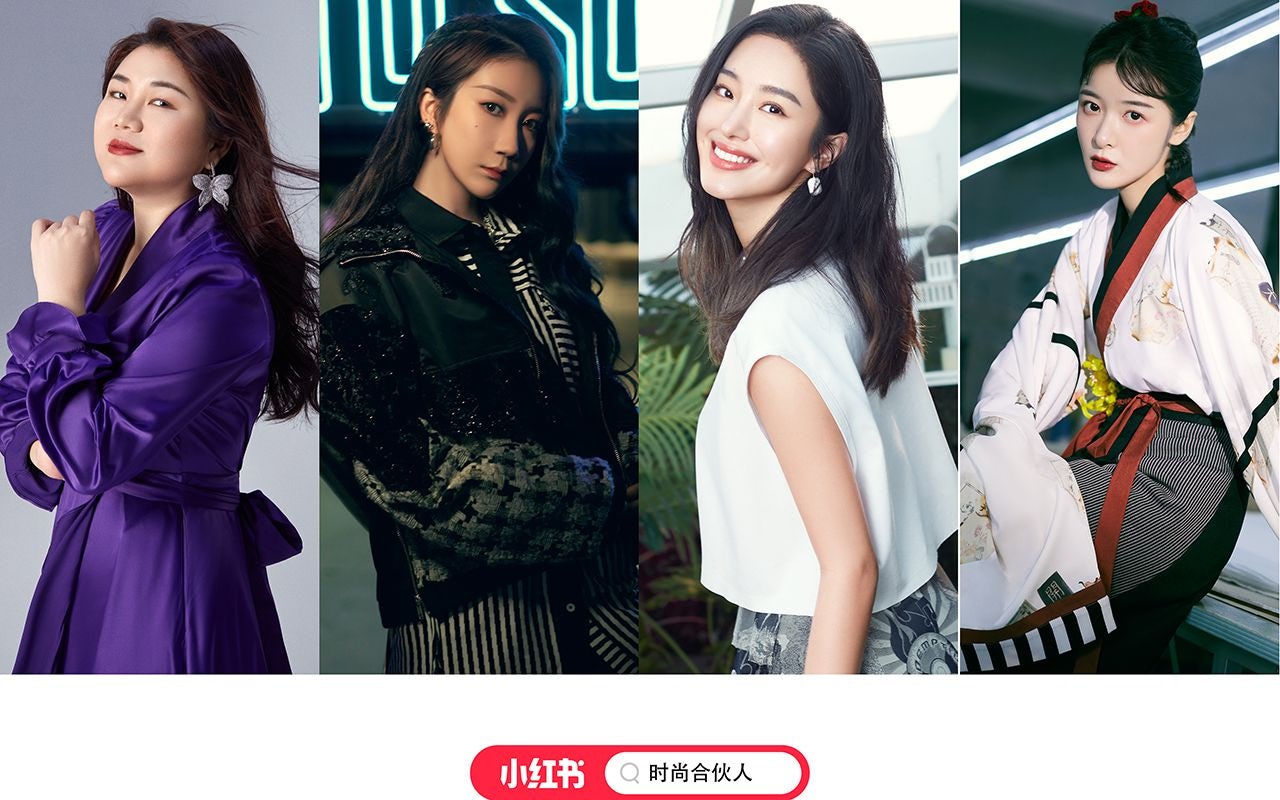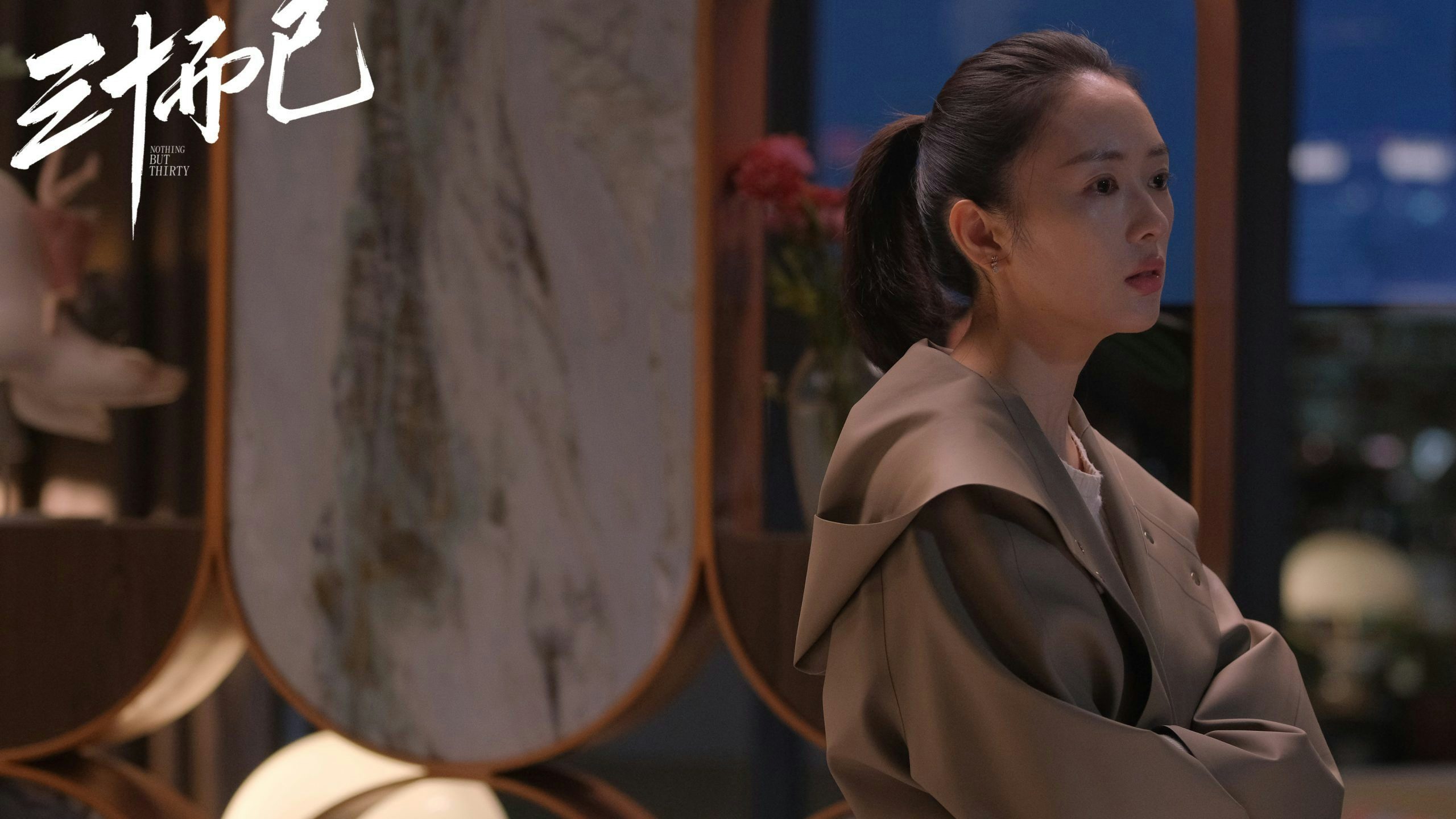Key Takeaways:#
The women’s empowerment movement in China made important strides in 2020.
Shopping for luxury and fashion is particularly tied to the idea of female independence in China, thus making gender issues a top content priority for brands.
China’s young and female luxury audience seeks messages that help them better explore self-identities and look beyond predefined social roles.
In China, 2020 marked a big year for women’s issues. In the realm of fashion and beauty, brand messages touching on female empowerment continued to thrive and resonate with the country’s equality-conscious youth. And make no mistake: Finding a relevant story that reflects this collective aspiration for women will be most brands’ top content priority in the years to come.
Heated debates on gender equality persisted on Chinese social media all last year. When COVID-19 first broke out in Wuhan in January, a women-helping-women initiative that delivered sanitary products to female health workers gained massive traction on Weibo. It then forged one of China’s first public discourses on prioritizing women’s health in the workplace. On-screen, the most popular TV shows — “Youth With You,” “CHUANG 2020,” and “Sisters Who Make Waves” — all starred independent, badass women who don’t shy away from personal ambition (which is still seen as hostile in mainstream Chinese culture).
But 2020 was also the year that rage against mediated gender stereotypes — especially among the younger generations — bubbled to the surface. In December, the Chinese court held its first official hearing on a high-profile sexual harassment case six years after the incident. Later that month, the city of Shenzhen launched China’s first anti-sexism advertising guide after a series of sexist ads appeared on local television portraying harmful gender stereotypes. Last year, gender equality ranked as one of the top social concerns among Chinese youth, according to a survey of China’s post-90s consumers by the social research organization BottleDream.
As such, a gender-focused approach will be crucial for luxury’s success in China because shopping for luxury and fashion has become tied to the idea of female independence. In urban, female China, an Armani lipstick, a Chanel handbag, or a Gucci leather flat is more often seen as a sign of personal achievement than an object of pure indulgence. On social media sites like WeChat and Little Red Book, luxury shopping posts are usually born in the context of a young, aspiring woman receiving her first paycheck, promotion, or career milestone.
In a society where patriarchal expectations and biases are embedded in traditional family settings and the workplace, it is now the consensus that buying yourself ‘something nice’ has become one of the most tangible forms of self-love or self-respect among women.
Over the last two years, periodic surges of plus-size, gender-non-conforming celebrities started to push the public to question China’s rigid beauty standard towards women. But while the beauty standards on digital media have changed somewhat, societal expectations for women’s roles have remained largely intact. Today, young women in China are asking, “do I have to be a great wife, mom, daughter, and worker simultaneously to not be seen as a loser?”
Brands answering this question by saying, “no, there’s more,” may have an advantage in China. The Hangzhou-based designer label JNBY collaborated with BIE Girls (the former VICE China team) on a short film series last September to explore the identity boundaries of three groups of women. By centering on a message of freeing women from pre-defined societal roles, JNBY, which is one of China’s earliest cult brands, has long built a reputation as the perfect sartorial choice for fiercely independent, artsy women.
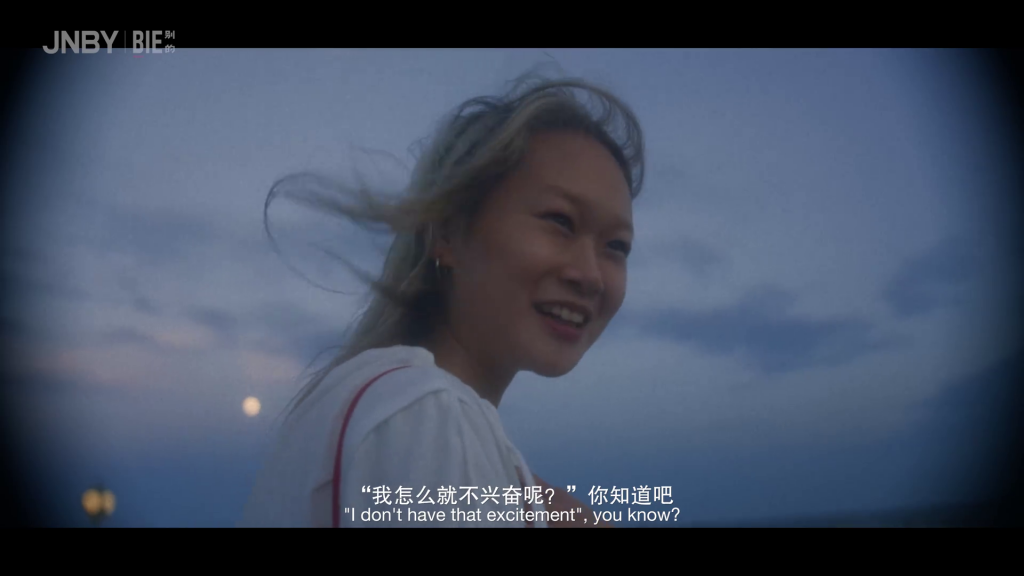
C-Beauty brand HELIUS partnered with Hunan Television to launch China’s first TV show about female mental health, called “You Can Show Your Moods.” Taking on the age-old stereotype that women are over-emotional, the show has aimed to address issues around women suppressing emotions. As the number of women experiencing burnout increases, the premium skincare label HELIUS strives to be a “kind” brand.
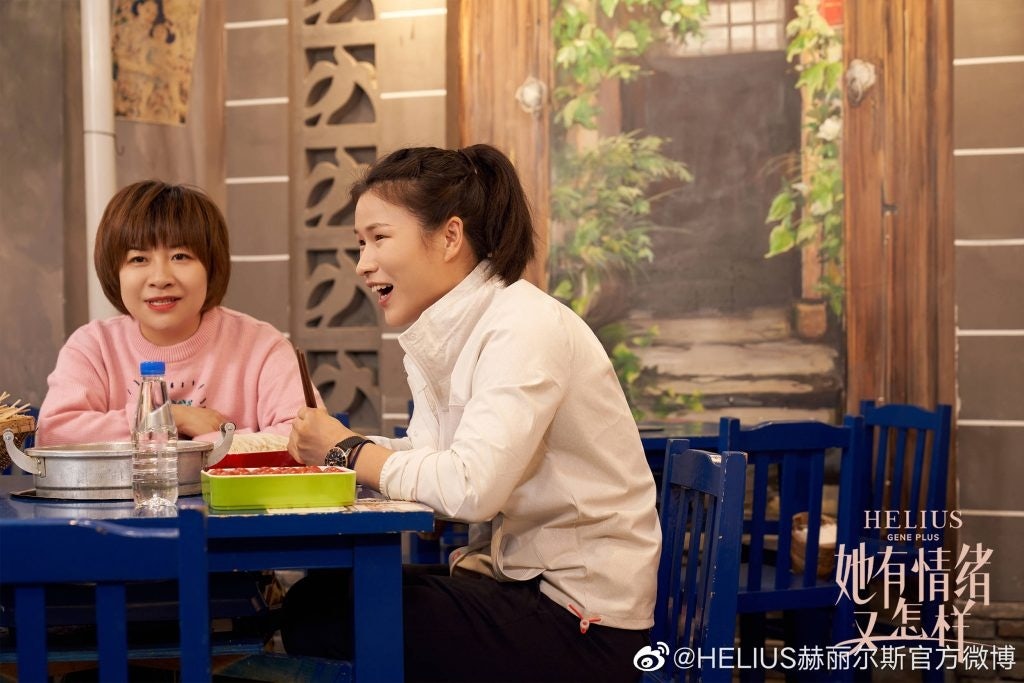
The legacy American beauty brand Kiehl’s is one of the few international brands that have tapped into the broader women’s empowerment movement in China. By countering the cultural fixation of demanding that women “act their age” for the benefit of a patriarchal system, the Kiehl’s Act Any Age campaign last September became a Weibo phenomenon, scoring hundreds of millions of views and comments. The brand’s campaign featured Chinese artists between the ages of 10 and 64 and juxtaposed their biological age with their mental age. Although the idea of resisting gendered ageism isn’t new to Chinese audiences, a modern campaign reflecting that message can still be quite powerful, as age-related anxiety remains one of the top concerns for Chinese women.

Today, brands are increasingly looking to carve out space for themselves as a cultural champion for young people. And learning how to speak effectively to young Chinese women (global luxury’s biggest driving force) is particularly crucial for a brand’s success. The idea of female empowerment as a form of “raising awareness” was stretched to its breaking point in 2020; now, they’re looking for brands to offer bolder and deeper messages to help them explore identities that go beyond predetermined roles.
